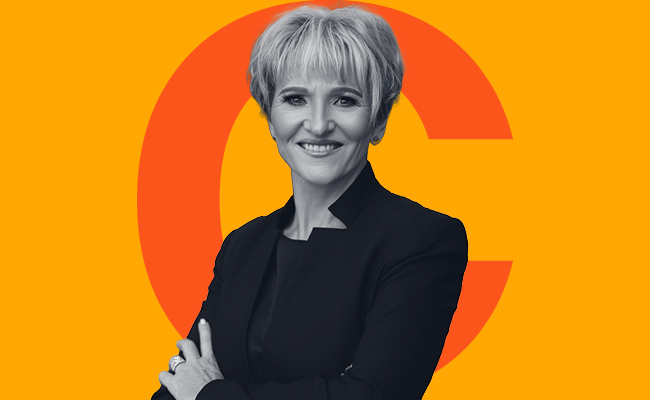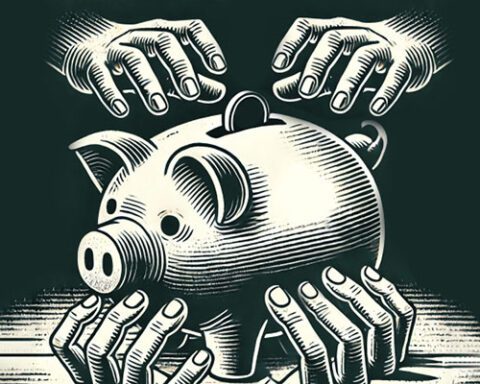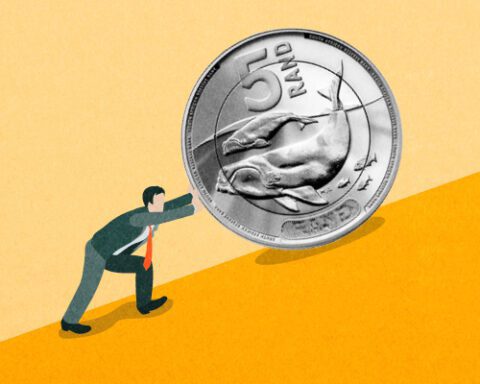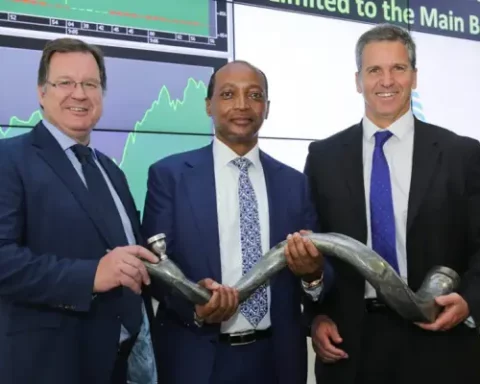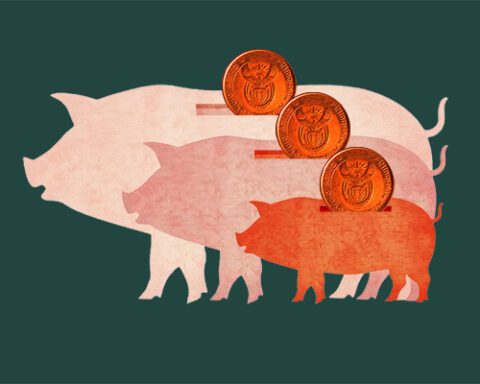If you were asked to pick a bunch of shares that had gained 50% or more over the past year, you probably wouldn’t immediately have leapt for a life insurer – but Momentum stock has done exactly that, rallying 51% notwithstanding our listless economy.
It’s no wonder: operating profit for the six months ended December was up a cool 33%, the dividend is 42% higher, return on equity has gone from 17% to 24.6%, and the insurance group’s returns from its asset portfolios more than doubled relative to the comparative period. Yet at the same time, new business sales are flat.
So how exactly has it made so much dosh? Currency spoke to CEO Jeanette Marais.
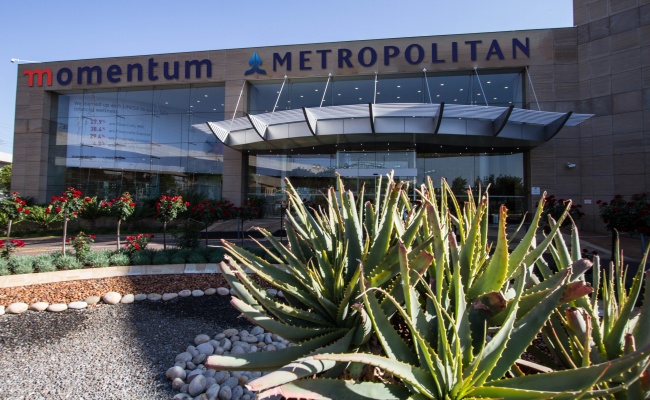
How does one square off ‘flat’ new business sales with such a big jump in profit?
Remember, we have nine businesses in the group that all do sales: for example, Momentum Retail – our retail affluent business – had 9% increase in new business sales; Momentum Investments, a 6% increase in investment business; Metropolitan, 2% up; Africa, 19% up. The only one where our sales actually went backwards was Momentum Corporate, which is our pension funds business. And if you don’t sell one pension fund, which has a thousand clients in it, you’ve got to go sell 2,000 retail clients to make up for that.
The second part to the question is that life companies have massive books that are built up, in the case of Metropolitan over 125 years, and Momentum over about 50 years, and you continuously earn on the back book that you have – i.e. you earn premiums and you pay out claims. New business per se in a specific year has very little impact on your earnings. In fact, it’s the other way around. Cost of sales in your first year is actually quite high – we call that a new business drag.
We actually had a great sales year, it’s just that the overall number looks flat, which is not bad. But the point is that we generate a lot of cash and a lot of earnings from the existing book that we have.
Unlike Discovery, which trades at a premium to its embedded value, Momentum still trades at quite a big discount – you say embedded value is R39.29 and your shares are at just under R32. Why do you think that is?
Coming from the asset management world, I’ll try and give you that answer. So, when I rejoined here seven years ago, the discount to embedded value for us was between 40% and 45%. At that point in time we said: we think there are three things that are causing it.
The first one was just the view on South Africa. A life insurer is a long-term business so you’ve got to have a positive view on [the country] and its future in order to even put your money in a life insurance company. That accounted for about a third of the discount.
Then there was the negative outlook on life insurance companies and their capital requirements. But the discount for us was still quite a bit more than for our competitors.
So we had to dig deep and say, what’s the third reason? And that was because of the 10 years preceding us joining this business, myself and Hillie Meyer – Momentum had really messed up. The business made promises that it didn’t keep. There was always unpredictability in dividends and in earnings, so the market just lost faith.
Now, I still think there’s maybe a little bit of a discount on South Africa and a bit of a discount on life insurers, but I think we’ve managed to do quite well because we literally halved the discount that there used to be.
I do think that sentiment towards us as a management team is certainly starting to turn. That might sound egocentric, but why would you buy a share today? Not because of what we did in the past, but because you think there are sustainable earnings, and we’re now starting to show that predictability.
Still, does that make you much more circumspect about your outlook statements? Because you seem fairly cautious about the second half?
Personally I am not an under-promise, over-deliver person. I over promise, and then I do my best to reach that, and I’m trying to get this group to be the same. However, there are certain realities: we know, through data, that the second half of the year normally is worse for weather. However, the only piece that we might or might not have in our next set of results is the R500m in what we call market variance, which is really what the market gave us.
But on our real earnings, it is still the best six months we’ve had in our entire history. We’re very confident in the fact that we have the right strategy. I have a brilliant management team. We are hugely focused on implementation. Our businesses know exactly what they need to do. I have a lot of my own money invested in this business because I believe in it.
Are you at this point worried about National Treasury potentially deciding to open up the two-pot withdrawal system further?
I can’t see that being a good thing at all. And not just, you know, on an individual basis, but for any company involved in the provision of pension funds. I think that mainly came from [trade union federation] Cosatu and it will probably take another five to eight years to convince anyone, even government that that is a good thing to do. So right now we’re not wasting energy on that.
Even from an Asisa [Association for Savings and Investment South Africa] point of view, where I sit on the board, it’s not something that is on the radar. At some point sanity will need to prevail that we are now creating a far bigger problem for the future of this country than ever, because people are already not saving enough for retirement.
What was Momentum’s experience of the two-pot withdrawal frenzy?
We had 225,000 claims and we paid out R4.2bn. That was about two-thirds of what we thought we might have to pay out. Since March 1 we’ve had 37,000 claims but the amount now is a fraction [of last year] because about 80% of these people are those who claimed in the previous [tax] year.
At the moment we have not felt that it touched our earnings, though we had to spend quite a bit of capital on developing the systems to be ready. A place like Corporate which used to get 3,000 calls a month got 40,000 calls. But we’re more concerned about the consumer than we are about ourselves, to be honest.
You spent R1bn buying back your shares in the past financial year and the board’s given you the go-ahead to spend another R1bn on share buybacks. Is that still the best use of your capital?
Yes. Just think about it: when you buy back a share you immediately secure 25% return on it. Show me any other place other than a pyramid scheme where you can right now get a guaranteed 25% return. So the question is when will we stop? But at a 25% discount it’s still a no-brainer for us.
Sign up to Currency’s weekly newsletters to receive your own bulletin of weekday news and weekend treats. Register here.
